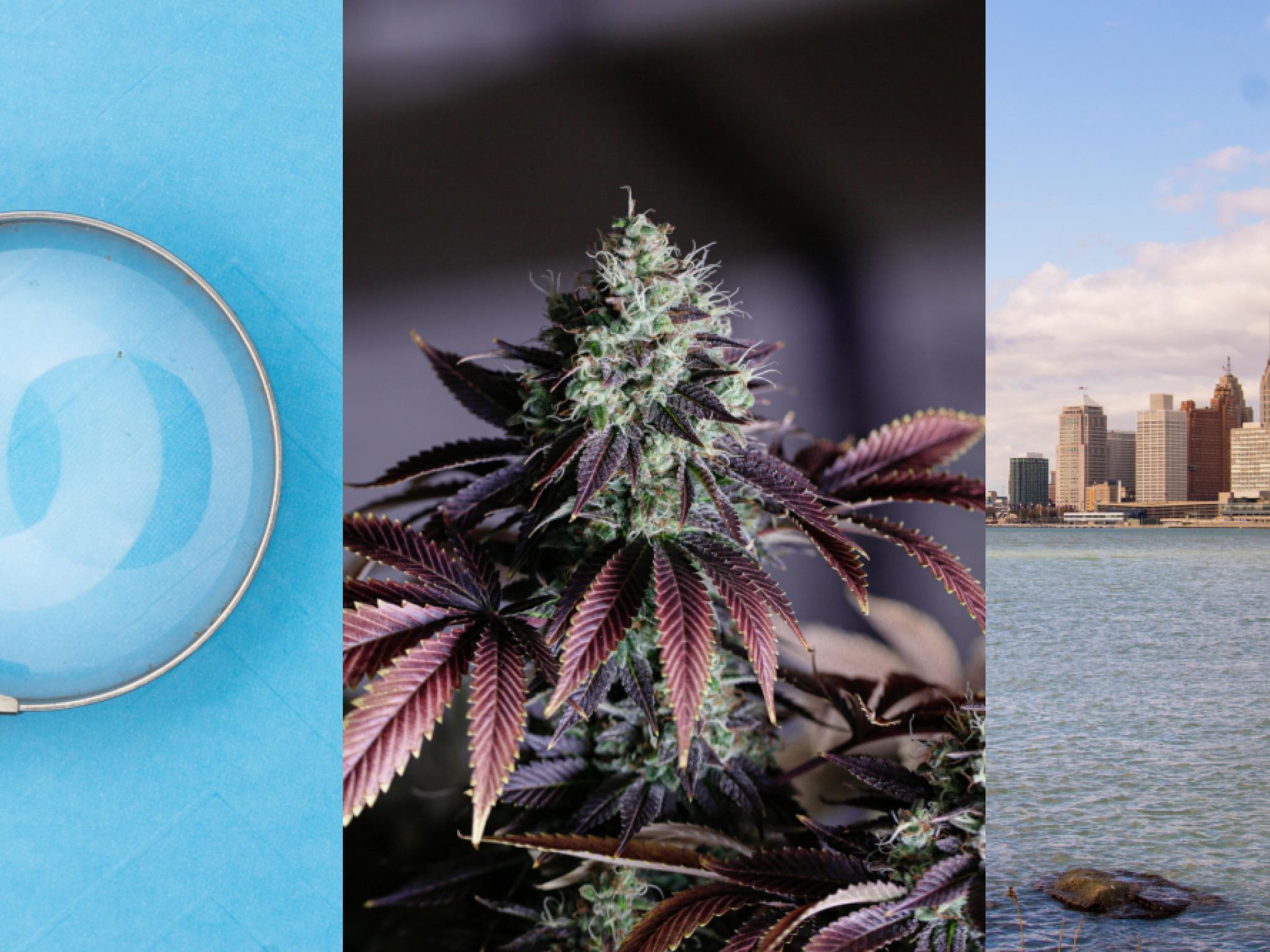
Michigan’s Cannabis Regulatory Agency has a new plan to crack down on illegal cannabis products that are somehow entering the legal program, and causing oversupply and price drop issues. The state’s top marijuana regulator, Brian Hanna, announced new initiatives to reporters in a media roundtable on Tuesday at the CRA’s Lansing headquarters, reported Crain’s Detroit Business.
Hanna, an ex-intelligence officer in the U.S. Army, was chosen by Governor Gretchen Whitmer to replace the agency’s founding director Andrew Brisbo in September. As weed prices in the state dropped, the pressure from legal operators started to build up, which resulted in Brisbo’s resignation, and support for Hanna, who is also a former Michigan State Police crime analyst, to take over the role grew.
Over the last 18 months, cannabis prices significantly dropped, hitting $109.88 per ounce in September as compared to $203.82 per ounce a year ago.
While Hanna confirmed that the industry is being oversupplied due to the illegal products entering the program, he said the extent of these operations is unclear.
“Anybody cutting corners or cheating, we want to expose that,” Hanna said. “But we don’t know at what point it’s coming into the supply chain.”
While the cultivation of legal marijuana plants also grew by at least 120% in a year, licensed market inventory by pounds increased more than 400% in the same period, indicating that illegal cannabis is in the game.
Illegal Cannabis Distillates, Misuse Of Surveillance Cameras
How is illegal weed entering the regulated market?
Andrew Sereno, CEO of Manchester-based cultivator Glacial Farms LLC told Crain's last week that it's extremely difficult for regulators to confirm how much of the product was cultivated legally, because of the wide range of output and skill among the growers.
“It is very easy for a bad actor grower to ‘harvest’ some plants and then have outside material enter in at that point,” Sereno said. “Who is to say whether they actually had a 20-, 40- or 60-pound harvest?”
One possible explanation is that cannabis distillates (refined resins used to make edibles, tinctures, and vape cartridges) are manufactured in illegal states at a much lower price and then sent into Michigan where it's distributed in a regulated market with hefty price tags.
An anonymous retailer told Crain's that a liter of illicit distillate costs around $500, while in Michigan’s regulated market it's being sold for around $1,700 - a $1,200 profit.
Hanna added that the agency has signed up a half-dozen agents to carry out random inspections, and a new lab scientist to help it spot-check products to confirm a yield in an effort to track down irregularities in grower output.
“Unannounced inspections are coming,” Hanna said. “The majority of stakeholders want to see more inspections.”
Manipulating Surveillance Cameras
One of the most reoccurring issues facing the agency is the misuse of surveillance cameras. Under the CRA regulations, cannabis operators must constantly record and store for 30 days all footage of cannabis being grown, sold, processed or stored in a facility. The agency discovered that cannabis companies are erasing these shots at random points on a regular basis, and ending up with only a $5,000 fine.
“There appears to be a consistent camera issue at businesses,” Hanna said. “Camera issues are unacceptable.”
While Hanna didn’t share other details of the plan to put an end to these issues in the cannabis industry, he did say that the public and industry stakeholders would be informed of new regulations, and busts, sooner rather than later.
Photo: Benzinga Edit; Sources: Markus Winkler and Diyahna Lewis on Unsplash, and Anon via Pexels







